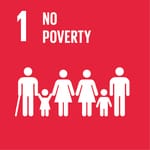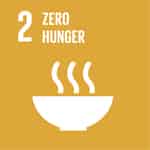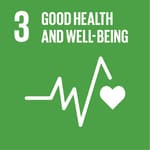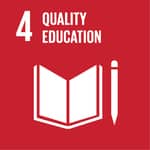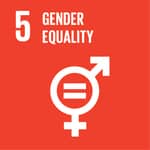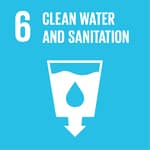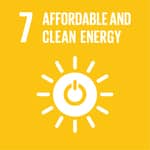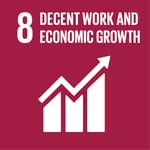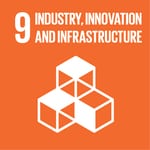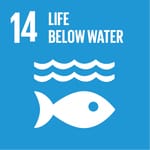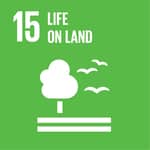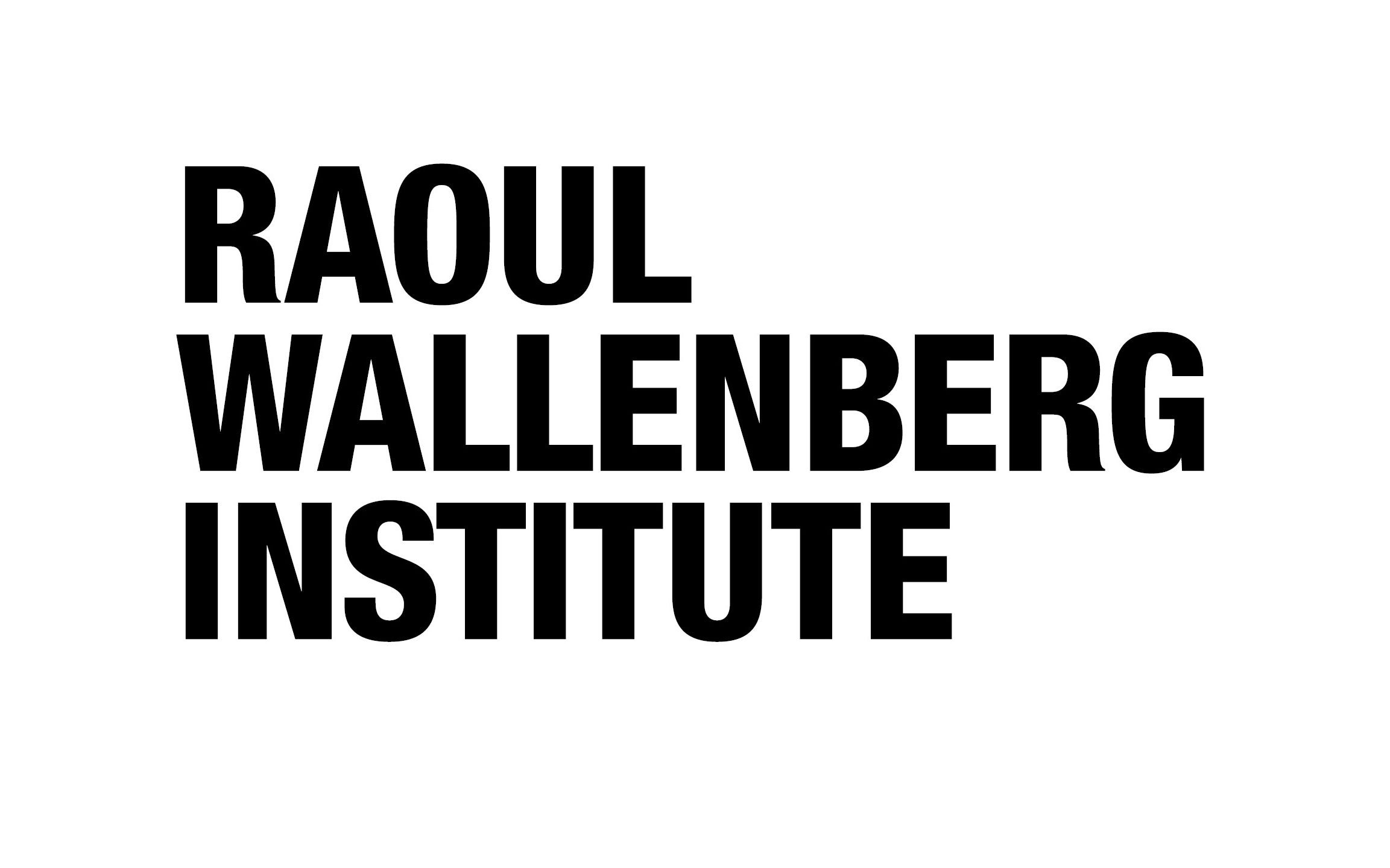An institute of the University of Cambridge that works on “developing leadership and solutions for a sustainable economy.” Their Rewiring the Economy framework puts forward a pathway to align our economy with the UN Sustainable Development Goals (SDGs). Through their Rewiring Leadership frmework they focus on “individual and organisational leadership capacity and capabilities” to “catalyse change and accelerate the path to a sustainable economy.”
Helps influential individuals, major organizations and whole sectors develop strategies that reconcile profitability and sustainability and to work collaboratively with their peers to develop solutions to shared challenges and catalyze systems change. HRH The Prince of Wales (Prince Charles) is the Patron of CISL, and is actively involved.
Work Foci:
- Business Action focuses on: low carbon transformation [e.g., IPCC Climate Science Business Briefings in 16 different categories]; natural resource security [e.g., the Natural Capital Leaders Platform that convenes companies wishing to better understand and manage their impacts and dependencies on natural capital]; strategy and implementation [Works with executives to develop strategy and business models, identify key operational challenges, and build organisational capacity and resilience related to sustainability]; sustainable finance [e.g., creating ClimateWise, a network of multiple global insurers concerned about climate change and aware of the significant resources they can contribute to finding a response];
- Executive Education offers programs of varying lengths, e.g., a series of six-day seminars for 500 leaders of the African Development Bank to find ways to integrate sustainability in their practices, and support sustainability among clients;
- Graduate Study has five graduate degree/certification programs, e.g., the Postgraduate Certificate in Sustainable Value Chains designed for senior and mid-career professionals and managers. An alumni network brings together several thousand senior leaders and leading practitioners from across all sectors and regions, representing business, the public sector and civil society. Conducts a range of research, e.g., the Nexus Network, “a three-year initiative to foster debate, innovative research and practical collaborations across the linked ‘nexus’ domains of food, energy, water and the environment.”
Centres:
- Centre for Business Transformation
- Centre for Policy and Industrial Transformation
- Centre for Sustainable
Finance
Outreach:
- Blog
- A library of reports, briefings and case studies
- Networking events
- HIGHLIGHT: Rewiring the Economy: Ten Tasks, Ten Years – (Dr. Jake Reynolds et al., Nov 2015; 20p), which serves as CISL’s organizing framework. The analysis supports the 17 UN Sustainable Development grouped in six categories: climate stability; satisfy basic human needs (e.g., water and food); health and well-being; decent work; resource stewardship (efficient and circular use of natural resources); healthy ecosystems (ecologically sound landscapes and seas). The ten tasks are: 1) Measure the right things and set the right targets; 2) Use fiscal policy to correct externalities; 3) Drive socially useful innovation; 4) Ensure capital acts for the long term; 5) Price capital according to the true costs of business activities; 6) Innovate financial structures to better serve sustainable business; 7) Set a bold ambition, and innovate to deliver value; 8) Broaden the measurement and disclosure framework; 9) Grow the capacity and incentives to act; 10) Harness communications for positive change. These tasks positions CISL as uniquely qualified to support the private sector in accomplishing these tasks. Director: Polly Courtice;.


